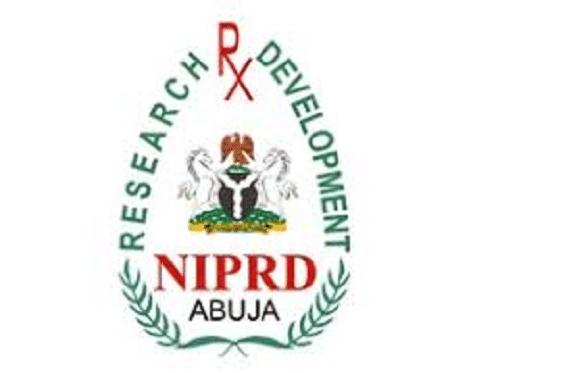By Zayamu Hassan
The National Institute for Pharmaceutical Research and Development (NIPRD), and the University of KwaZulu-Natal (UKZN), South Africa, have signed a Memorandum of Understanding (MoU) with the aim of improving the value chain of traditional medicine in Africa.
The MoU will also improve medicines security in the African continent.
The partnership which focuses on research and development, human capital development and community engagement, in the context of the Traditional Medicine Value Chain is expected to produce various socio-economic benefits including business and investment opportunities, job and income generation opportunities for stakeholders involved in the African Traditional Medicine Pharmaceutical Value Chain, especially traditional health practitioners.
Speaking during the ceremony, Minister of State for Health, Senator Adeleke Mamora, said that the MoU was part of efforts to remove all barriers that hinder the growth of traditional medicine in Africa.
According to him, “traditional medicine is part and par cel of our culture and therefore, whatever barriers that there are, we must do everything possible to remove them. “Barriers in terms of recognition, labelling, not been open.
“One of the things that we are doing is to remove the vail and make it open and transparent and have documentation and ensure that we removed the fear of taking away the intellectual property rights of the traditional medicine practitioners.”
In his address at the MoU signing ceremony in South Africa, monitored by our correspondent virtually, the Director General of NIPRD, Dr. Obi Adigwe, said that the agreement will benefit the entire African continent.
Dr. Adigwe insisted that Africans must take responsibility of providing access to safe, affordable life-saving medicines for the people of the region.
“Medicine security concept that we conceptualise a decade ago was a concept that argued that unless we as Africans begin to determine how our medicines are develop, produced and how our medicines are distributed, we will never be in a position to ensure sustainable access to safe, affordable life-saving medicines to our people.
“Embedded in the medicine security concept were social economic indicators that align with local manufacturing and local development of these resources.
“Things like job creation, capacity building, knowledge transfer and revenue generation not only for practitioners but also for government,” he said.
Dr. Adigwe, however, insisted that: “As a people, we must not abdicate the responsibility of providing healthcare for our people to people outside this continent.
“As Africans, we must not abdicate the responsibility for developing socio-economic programmes that will ensure that our youth, women have jobs, adequately employed, they no longer seek pastures whether through legal or illegal immigration elsewhere.
“As a people, we must no longer abdicate the responsibility of designing programmes that will ensure that the plants which we find in our background for which traditional medicines practitioners have gain knowledge and handed over from generation to generation before them, that the knowledge is preserved and designed in a format that is translated into processes and products that will result into validated health care solution as well as monies in the pockets of these practitioners.”
On his part, UKZN Deputy Vice-Chancellor and Head of the College of Humanities, Professor Nhlanhla Mkhize described the collaboration as the first of its kind.
According to him: “At the heart of this collaboration is our belief that solutions for African healthcare challenges should be based on the willingness and commitment of African people and communities to promote, preserve and protect their local knowledge systems.
“The signing of this MoU happens at a time when global challenges such as COVID-19, have shown us that Western knowledge systems do not have all the solutions to mitigate the problems we encounter in a world characterized by cultural and ecological diversity.”




